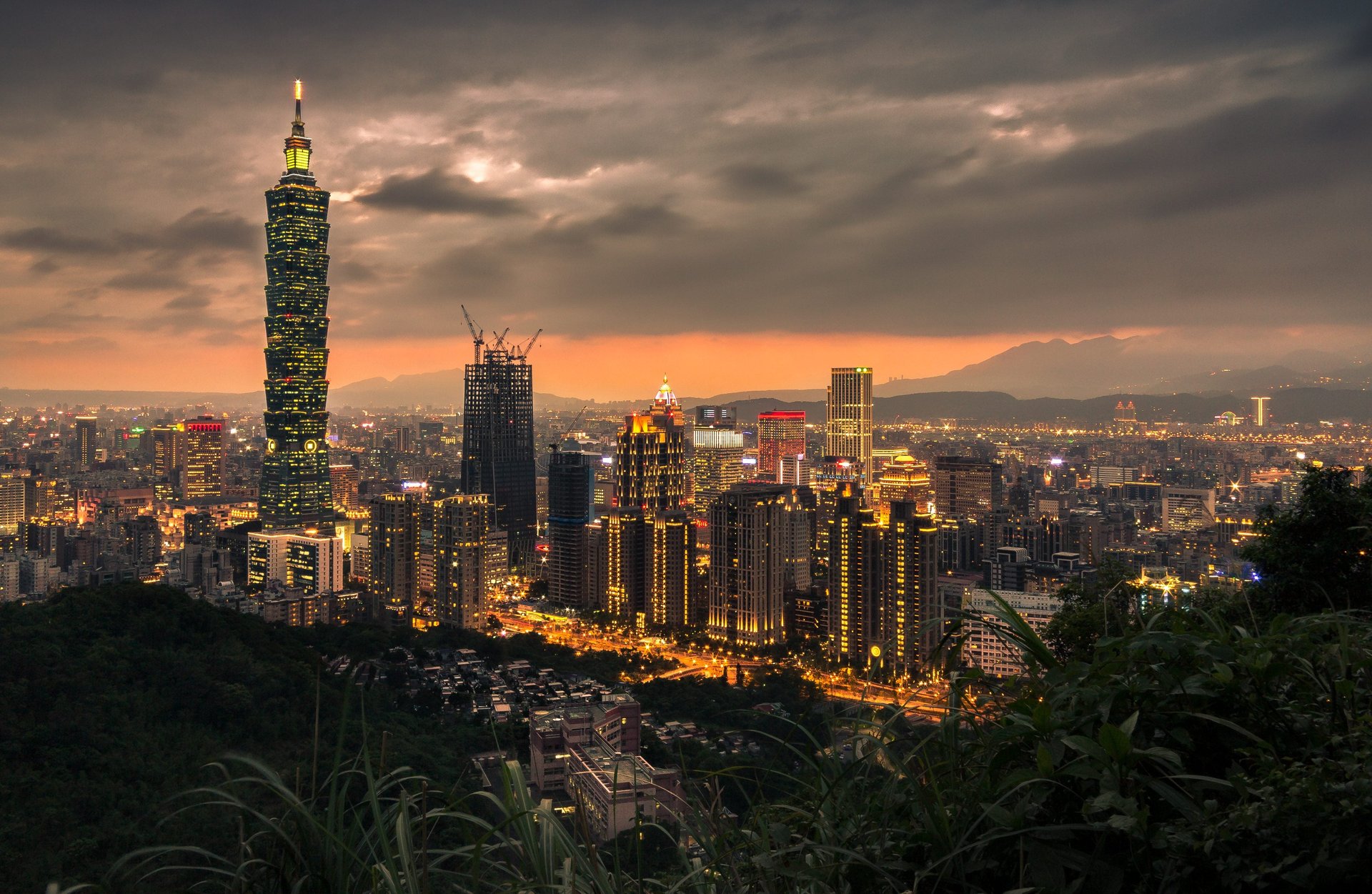Taiwan is the new home for Hong Kongers seeking political safety
Taiwan is fast becoming the preferred destination for Hong Kongers seeking protection.


Taiwan is fast becoming the preferred destination for Hong Kongers seeking protection.
Multiple Hong Kong media outlets have reported that as many as 30 (link in Chinese, paywall) protesters connected to the storming of the city’s legislature during a protest on July 1 have fled to Taiwan. The incident occurred on the anniversary of Hong Kong’s return to Chinese rule, amid a weeks-long series of protests against a much-maligned extradition bill. The reports say that some of the protesters are seeking ways to stay in Taiwan such as applying for school, while others are seeking asylum.
President Tsai Ing-wen today (July 19) acknowledged that Hong Kong protesters had arrived in Taiwan and said that these “friends” from Hong Kong would be “treated in an appropriate way on humanitarian grounds.” Taiwan’s Mainland Affairs Council, which is in charge of relations with China, did not confirm whether it had been in contact with the protesters or how many had fled to Taiwan, but said that it would handle any cases in accordance with human rights while reiterating its support for Hong Kong’s freedoms.
The case of the Hong Kong protesters is a test of Taiwan’s commitment to human rights and progressive values at a time of ever-tightening restrictions on personal freedoms in China, and as many see Beijing’s heavy hand eroding Hong Kong’s autonomy. Tsai herself has been extremely outspoken on the recent protests in Hong Kong, which are also fueling solidarity in both Taiwan and Hong Kong against Beijing.
The protesters who have allegedly fled to Taiwan would not be the first from Hong Kong who have done so out of fear for their personal safety or for political reasons. In April, Lam Wing-kee—one of five Hong Kong booksellers who had disappeared in 2015 and later turned up in China—moved to Taiwan and vowed never to return to Hong Kong. Lam said at the time the government’s proposal to pass the extradition bill meant that he could be extradited to China, where he is wanted. Lam said he chose to go to Taiwan rather than other Western nations as he wanted to continue his work as a bookseller there.
The Hong Kong government said in June that the bill was suspended, and later said it was “dead.” Protesters continue to press the government to fully withdraw it.
Another Hong Kong woman, Lee Sin-yi, who was found guilty for her role in the 2016 “Fishball Revolution” riot, left the city for Taiwan in 2017 ahead of a court hearing. Having gone dark for almost two years, a recording purportedly featuring Lee surfaced in May where she warned that more Hong Kongers would be forced to go into exile in the future as Beijing tightens its grip on the city. Taiwanese media at the time said that Lee’s whereabouts were unknown after she had overstayed her visa.
Two Hong Kong activists also gained refugee protection status in Germany in 2018 as they faced prison sentences for their role in the Fishball Revolution riot. Their status was only made known earlier this year—an announcement that shocked the city, which was once a haven for those fleeing persecution from mainland China. Writing from Göttingen in June, one of the men, Ray Wong, said in a New York Times op-ed that it was a “painful choice,” and likened the growing trend of Hong Kongers going into exile to that of the Dalai Lama and other Chinese political dissidents.
However, those who have fled to Taiwan will not be able to receive the same treatment as the men who went to Germany. Attempts to pass a refugee law in Taiwan have stalled and the United Nations refugee agency does not operate there because Taiwan is not a member state. Chinese nationals (including those from Hong Kong), however, are treated under different rules under Taiwanese law because of the political relationship between Taipei and Beijing. China has long claimed sovereignty over Taiwan. An article in Focus Taiwan, a government-linked news outlet, explained that that rules governing how to treat those fleeing political persecution from China are ambiguous, although the government is obligated to provide “necessary assistance” to those from Hong Kong whose lives are “immediately threatened.”
In a recent instance of two men from China who fled to Taiwan, the government granted them entry for “professional exchanges” and then gave them humanitarian visas after they spent 125 days in limbo in Taipei’s airport. In the case of Lam, the bookseller, the Taiwan government has granted him a visa extension to give him more time to settle there and look for a job.